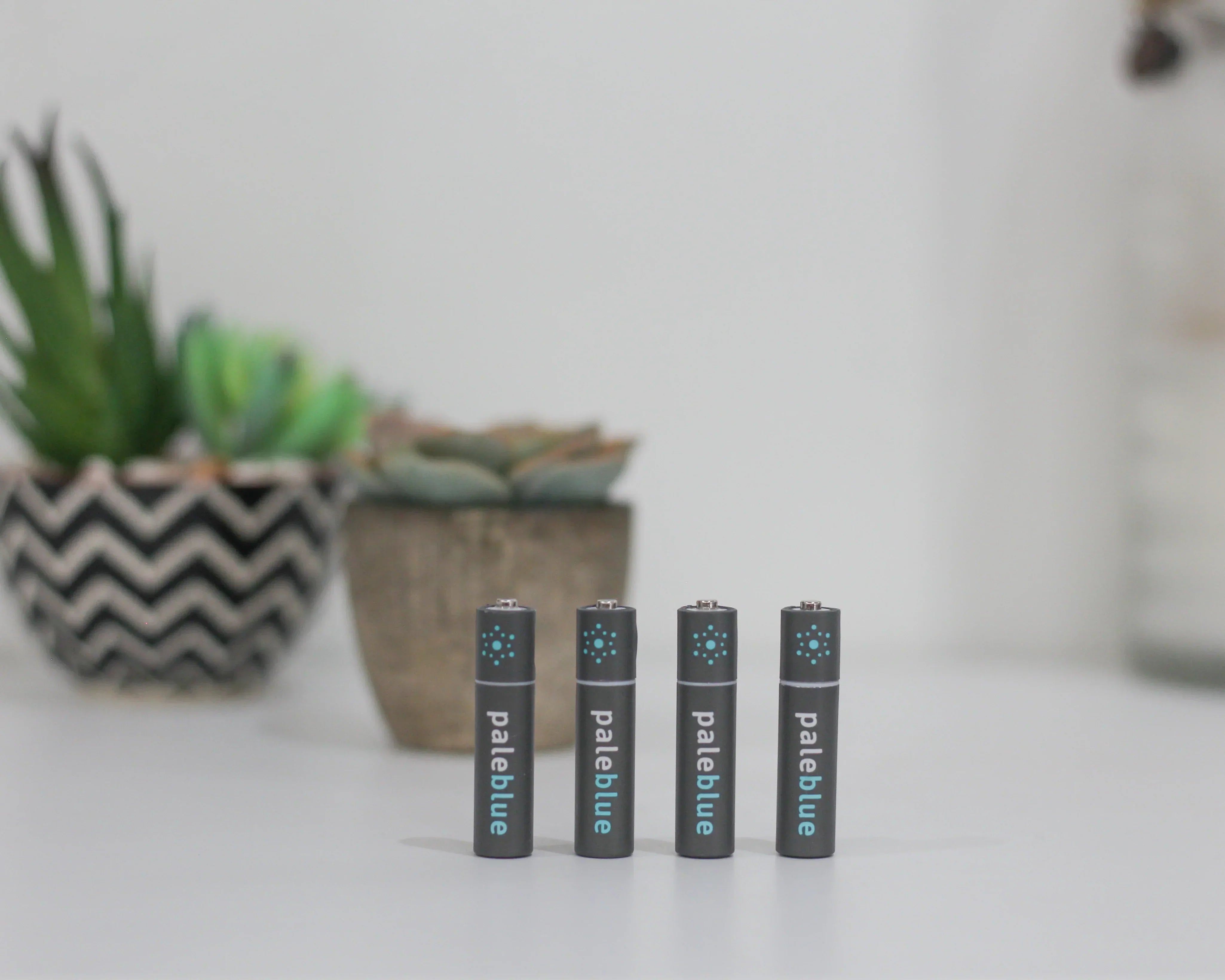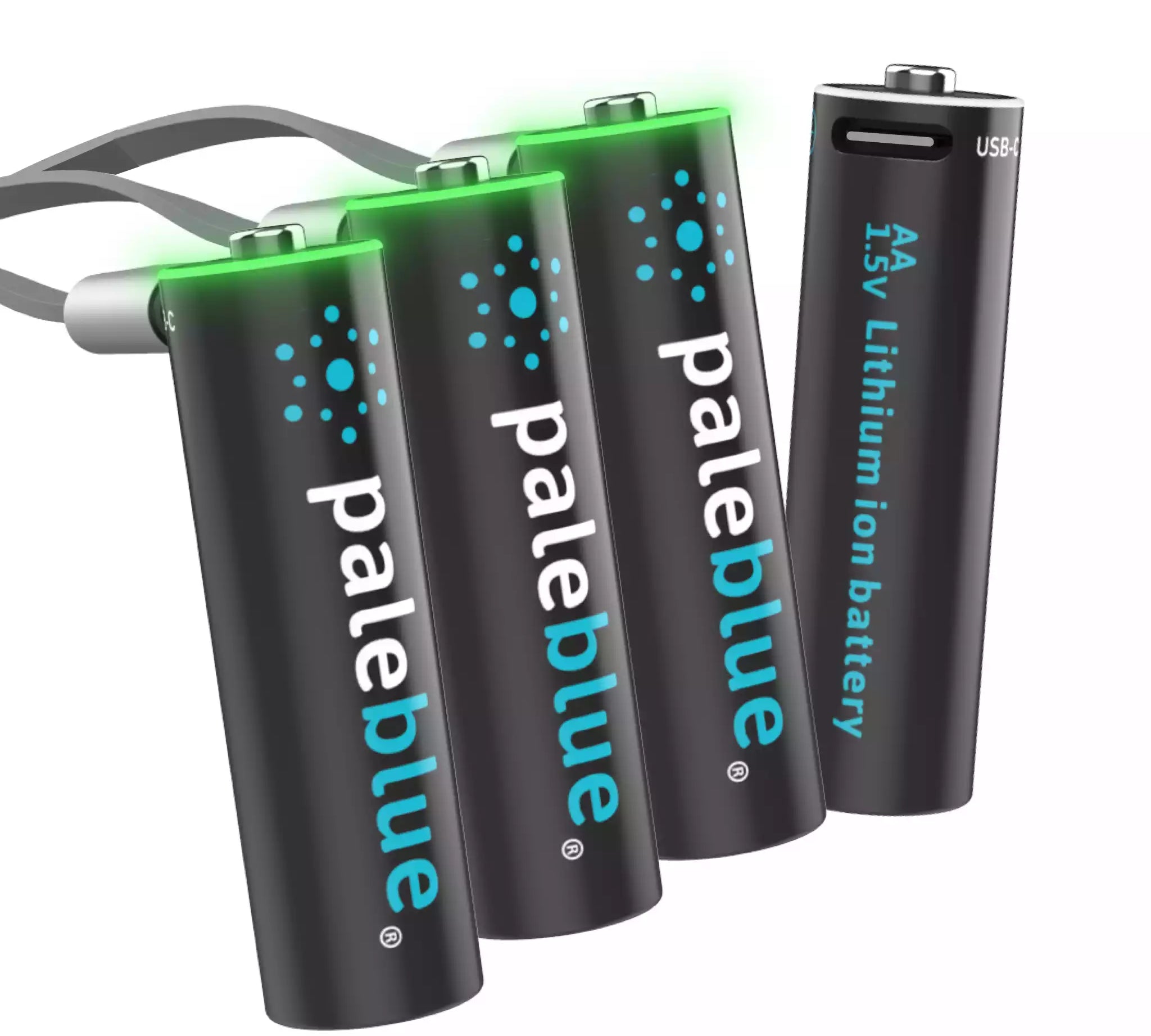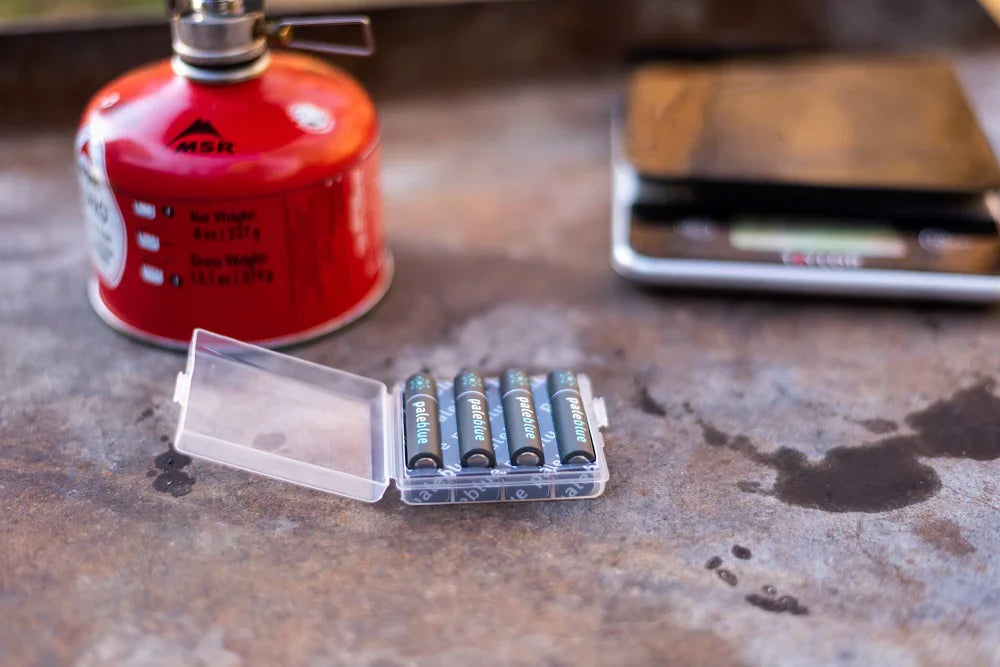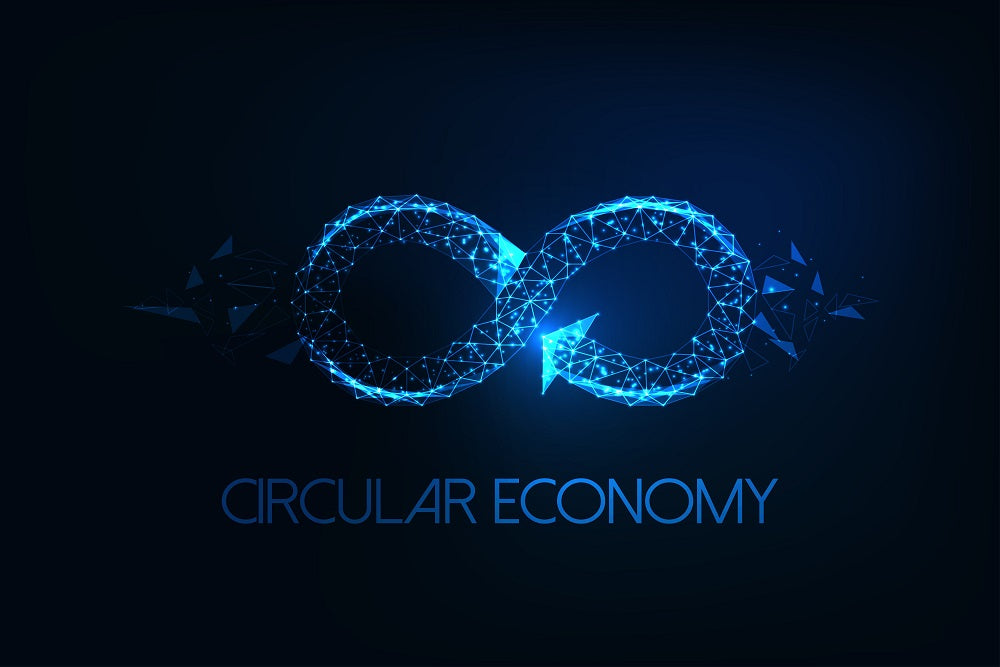Better State Laws Could Lead to More Battery Recycling

One of the reasons we started Paleblue was to offer customers an alternative to disposable alkaline batteries. Our goal was, and still is, to reduce the total number of alkaline batteries thrown into landfills. Switching to USB rechargeable batteries is just one step toward achieving that goal. Another is recycling. And for that, we need better state laws.
Nearly every battery contains elements that could be reclaimed through recycling rather than going to the landfill. The federal government has shown some willingness to help by implementing minimal recycling regulations. A handful of states have gone one step further, mandating recycling to some degree.
Universal Waste Rule
The federal government's Universal Waste Rule (40 CFR Part 273) mandates recycling NiCad and lead acid batteries at end-of-life. The rule specifically states that battery handlers are not allowed to dispose of such batteries as waste. Instead, they must send such batteries for recycling.
The Universal Waste Rule is a good one and has resulted in great impact. There really is no practical way to enforce it on a national scale though. Therefore, battery recycling really depends on state efforts. States have more options when implementing and enforcing recycling rules.
Utah Battery Recycling
Here in Utah, where Paleblue is located, our only battery recycling law pertains to lead acid batteries. Your car has a lead acid battery, as do things like lawn tractors and battery-powered industrial equipment. Such batteries are not allowed in the solid waste stream. Therefore, you cannot throw your car battery in the trash when it dies.
Lead acid batteries have to be delivered to a recycling facility or a retailer/wholesaler that sells similar batteries. Again, that is why you can take a dead car battery to an auto parts store for recycling. They sell lead acid car batteries so they must accept returns for recycling.
Unfortunately, our state laws do not address consumer-level batteries, like those used in your electronics. There are no mandates in place for NiCad, NiMH, or lithium-ion consumer cells.
New York Battery Recycling
Comparing Utah's law against New York's illustrates the point of better state laws leading to better recycling. New York enacted the NYS Rechargeable Battery Law (Article 27, Title 18 of the Environmental Conservation Law) more than 20 years ago. The law requires manufacturers who sell certain kinds of batteries in New York to provide recycling services at no cost to customers. The law covers the following battery types:
-
Sealed lead
-
Lithium-ion
-
NiCad and NiMH
-
All other rechargeable dry cell batteries.
The law also covers battery packs consisting of rechargeable batteries. There are exceptions to the rule: battery packs weighing in excess of twenty-five pounds as well as golf cart, wheelchair, scooter, and vehicle batteries. Between single batteries and battery packs, the law covers the majority of rechargeable batteries sold in New York.
To make things easy on consumers, the law also requires retailers to provide recycling opportunities. The local hardware store in upstate New York must offer free recycling if they sell any of the covered batteries. Likewise for pharmacies, department stores, etc.
We are wise enough to know that New York's mandate does not physically prevent consumers from throwing batteries in the trash. At the same time, it gives them every opportunity to recycle. With the law in place, the effort now shifts to education. Letting people know that they are required to recycle the batteries, and then giving them a location for delivery, increases the likelihood they will follow the law. And that is the whole point.
- Tags: Economical Sustainability







